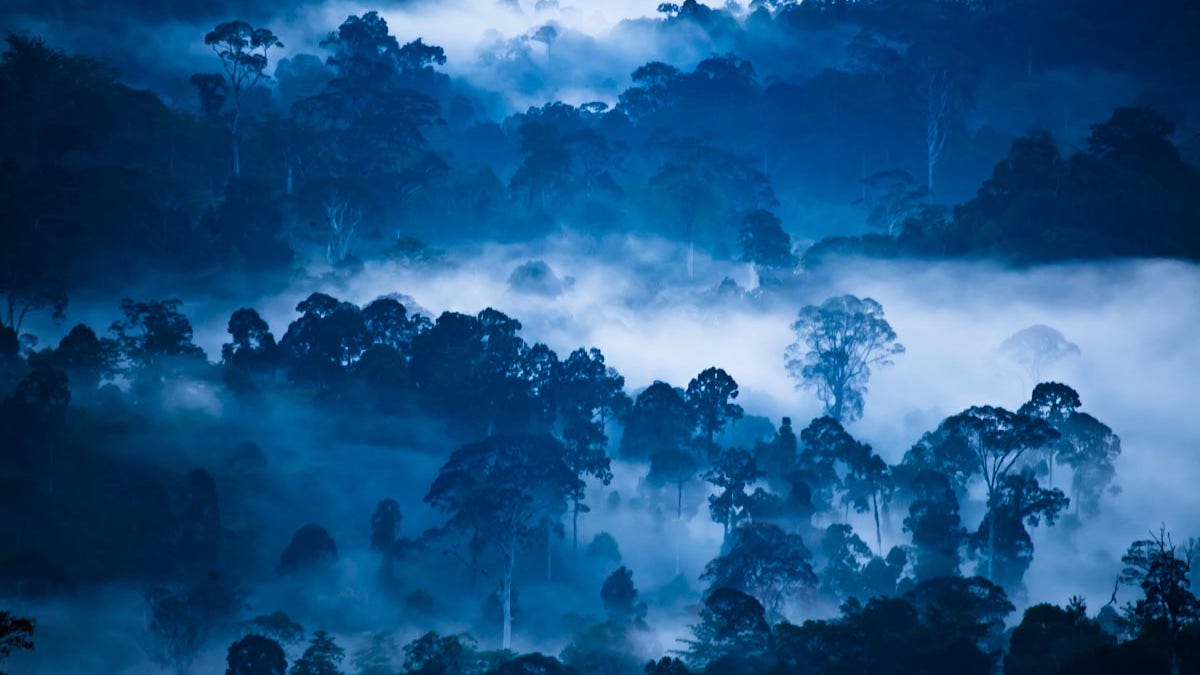
(WCS)
Nearly a tenth of the world’s wilderness areas have been lost in the past two decades, the Wildlife Conservation Society (WSC) announced on Thursday.
The finding, which is described as “catastrophic,” is reported in a new study in the journal Current Biology. Over 1.2 million square miles of wilderness have disappeared, which is a 9.6 percent decline, according to the study. The scientists used a baseline from the early 1990s for comparison.
South America has seen a nearly 30 percent loss of its wilderness, and Africa, 14 percent.
Globally, over 11.2 million square miles of the Earth’s landscape are still considered wilderness, which is about 23.2 percent of the globe’s land areas, the study says.
“Globally important wilderness areas—despite being strongholds for endangered biodiversity, for buffering and regulating local climates, and for supporting many of the world’s most politically and economically marginalized communities—are completely ignored in environmental policy,” James Watson, of the University of Queensland in Australia, and the WCS in New York, said in a statement. “Without any policies to protect these areas, they are falling victim to widespread development. We probably have one to two decades to turn this around.”
Watson, the study’s first author, said in an email to FoxNews.com that wilderness has been hit by different factors in different regions.
Agriculture and mining have replaced wilderness areas in the Amazon, he said, but in Central Africa, “logging plays a big part.”
Related:
Watson added that “often there is more than one pressure [on the wilderness] at play which means restoring the quality [of] these places back to what they were is nigh-on impossible.”
The study calls for policy changes to help recognize the importance of wilderness, and protect it, saying there is an “immediate need” to do so.
Follow Rob Verger on Twitter: @robverger
